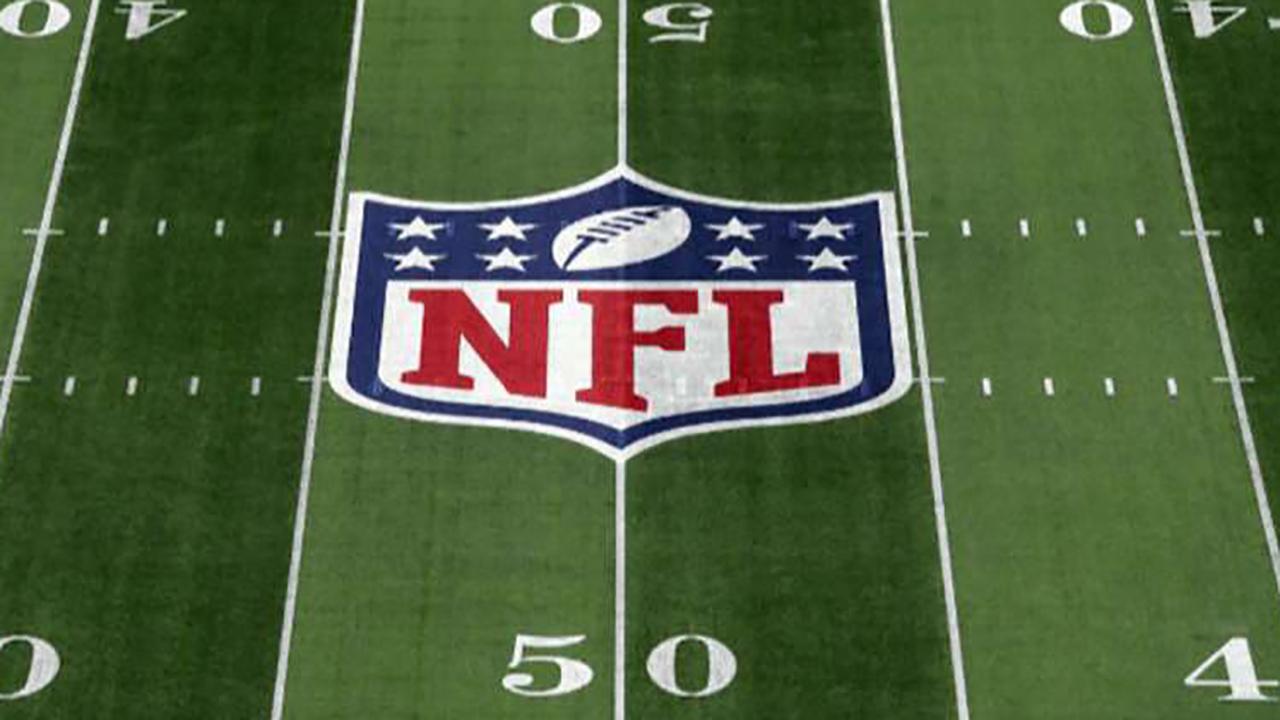NFL owners reportedly push for expanded season amid player injury concerns
The NFL’s 32 owners are stepping up efforts to expand the regular season, setting up a potential clash with players as the two sides work toward a new labor deal.
Early talks on the concept have yet to yield to formal proposals, but owners have discussed reducing the NFL’s current slate of four preseason games in favor of an 18-game regular season or an extra playoff round, ESPN reported. Both owners and players favor a reduced preseason schedule.
The NFL front office has long targeted an expanded schedule as a means of boosting revenue. Player representatives have traditionally opposed the concept due to concerns about the increased risk for injury in an expanded schedule, as well as questions about how any extra revenue would be shared.
While the NFL’s current collective-bargaining agreement doesn’t expire until after the 2021 season, talks began weeks ago with an eye toward reaching terms on a new deal before the 2019 season begins. Progress to date has been slow, with a revamped game schedule, revenue-sharing split and guaranteed money in player contracts expected to be critical issues as negotiations proceed.
The NFL earned roughly $16 billion in revenue for its 2018 league year. Under the current labor deal, players are entitled to no more than 48.5 percent of revenue from media rights deals, corporate partnerships and other sources.
Injury risks associated with pro football drew increased attention in recent days after the sudden retirement of star quarterback Andrew Luck, who cited his history of serious injuries in explaining his decision to step away from the sport.
NFL executives pushed for a longer season in 2011, when an impasse in negotiations briefly resulted in a lockout that interrupted offseason activities. Sports labor law expert Michael LeRoy told FOX Business in June that players were unlikely to accept an expanded slate of games in the league’s current financial climate.
CLICK HERE TO READ MORE ON FOX BUSINESS
“The players are very unlikely to budge on this issue because it is a health and career-longevity issue, and also tied to the fact that most players have only limited monetary guarantees on their contracts,” LeRoy said.




















